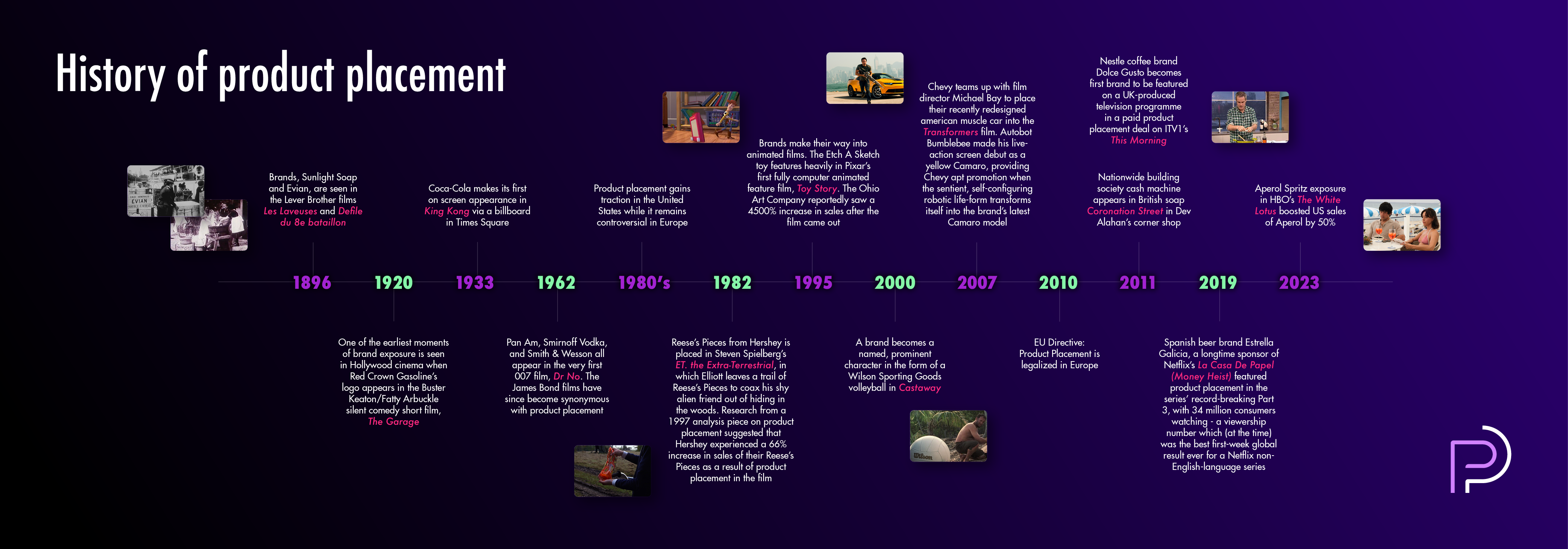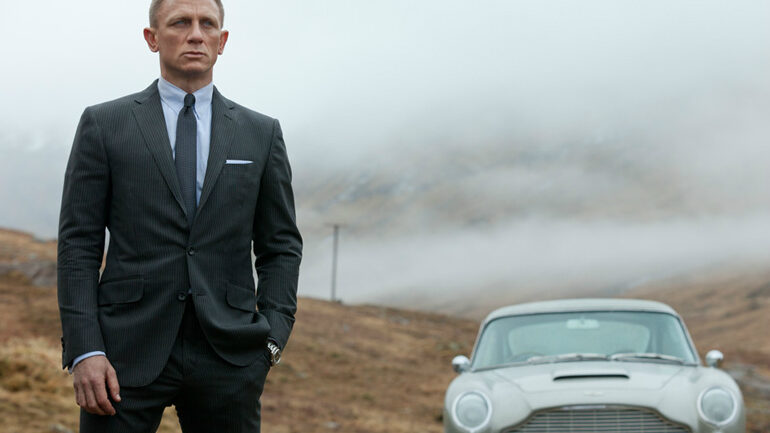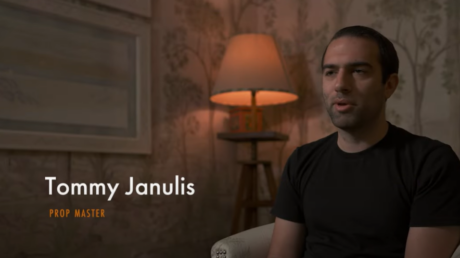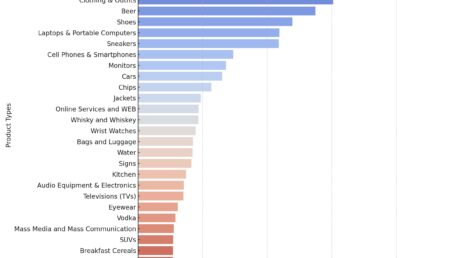
The origins of product placement can be found in Europe
Have you ever wondered how far product placement dates back? Product placement first originated in literature with Jules Verne writing about transport and navigation companies in his 1873 novel Around the World in Eighty Days. It was as early as 1896 that brands made an appearance on screen with Sunlight Soap brand in Les Laveuses and Evian in Defile du 8e bataillon. At a time where branded content did not yet exist, the Lever Brothers, who produced the two films, had already clocked the advertising opportunity cinema had to offer.
Product placement gains traction in America while it remains controversial elsewhere
Despite its European debuts, product placement was negatively perceived in Europe in the 20th century, while it became commonplace in the United States. In the 1980’s brands had already created vital relationships with consumers, allowing filmmakers to quickly tap into the existing brand awareness to create relatable moments that easily connect and resonate with viewers. Iconic examples include Reese’s Pieces from Hershey in E.T., Ray-Ban in Top Gun, and Nike in Forest Gump. Some of the most notable and memorable product placement moments come from the many James Bond movies. The 23rd Bond film, Skyfall, broke records for product placement sponsorship. The film reportedly had more than a third of its budget covered ($45 million) by brand partnerships.
Product placement becomes legal in Europe
Subject to strict regulations after being in a legal grey area for a long time, the framework for product placement was laid on April 1, 2010 following an EU directive.
The reaction was almost immediate with entertainer Stefan Raab kicking a football-sized M&M in the German game show Beat your Host and Alfa Romeo featuring one of its cars on an episode of TF1’s Les Touques. Nestle coffee brand Dolce Gusto also jumped on the opportunity and became the first brand to be featured on a UK-produced television programme in a paid product placement deal on ITV1’s This Morning.
Product placement in Europe has remained commonplace since and has taken different forms. The most common form is prop placement whereby products are provided free of charge in order to raise brand awareness while helping filmmakers reduce production costs. Sponsorships and partnerships have also become prevalent in Europe with the likes of eBay sponsoring the globally popular UK reality show, Love Island.
However, the product placement business in Europe cannot be compared to that of the United States as EU regulations prevent certain products from being plugged. Restrictions vary by country reflecting cultural nuances. For instance, the placement of alcohol, tobacco and medicines is still widely forbidden in Europe, while certain countries such as the UK have also banned the promotion of gambling services and junk food.
Nevertheless, with huge amounts of entertainment programming continually being produced, and content consumption being at an all time high, product placement represents a growing opportunity for brands to be part of the conversation.




